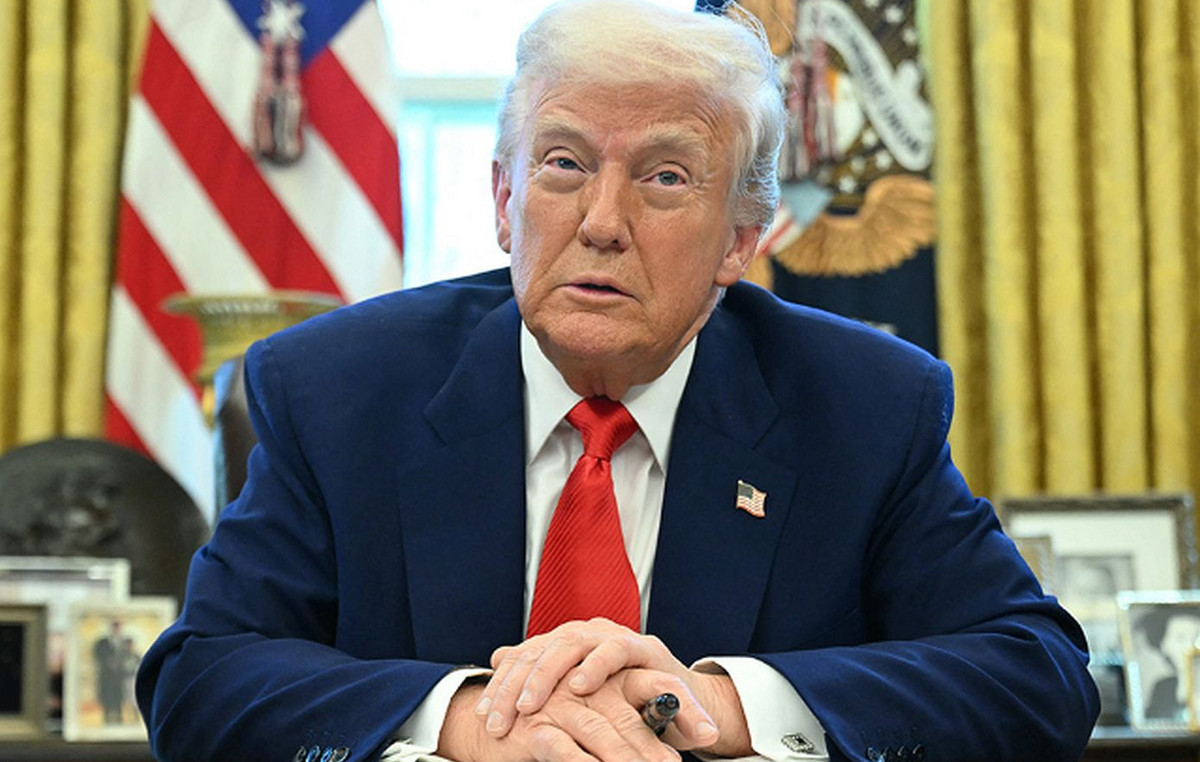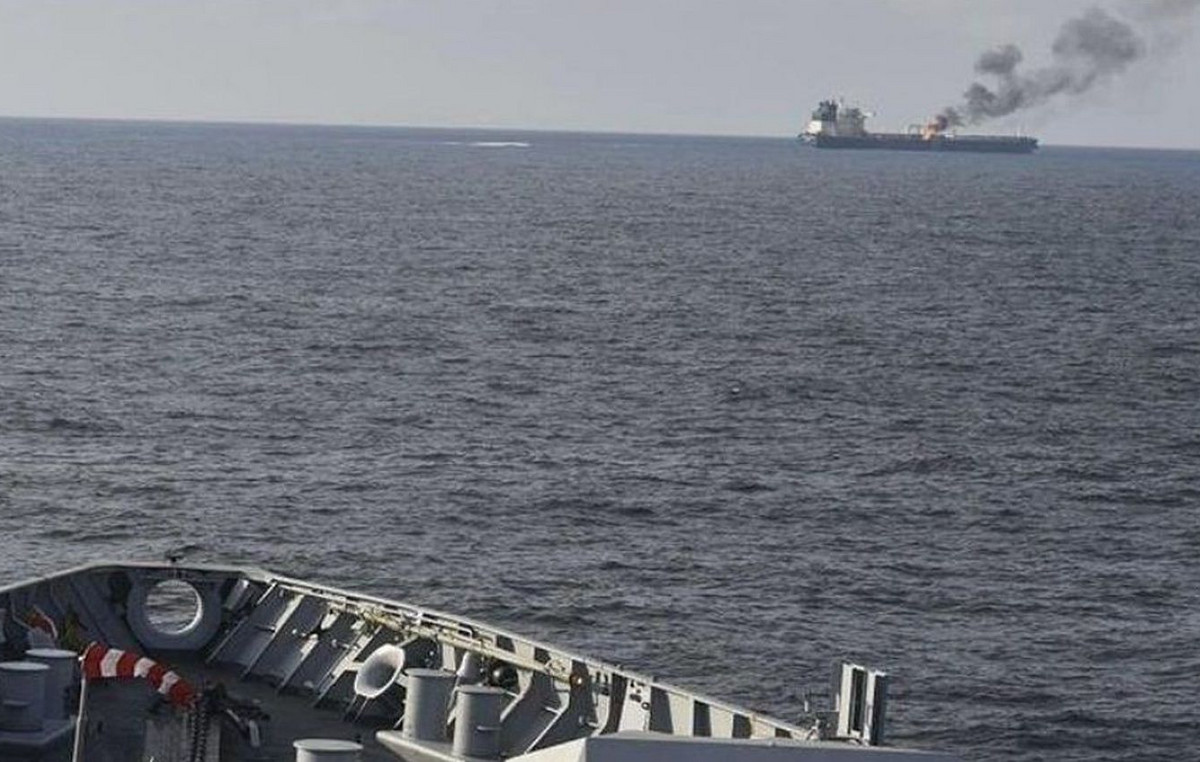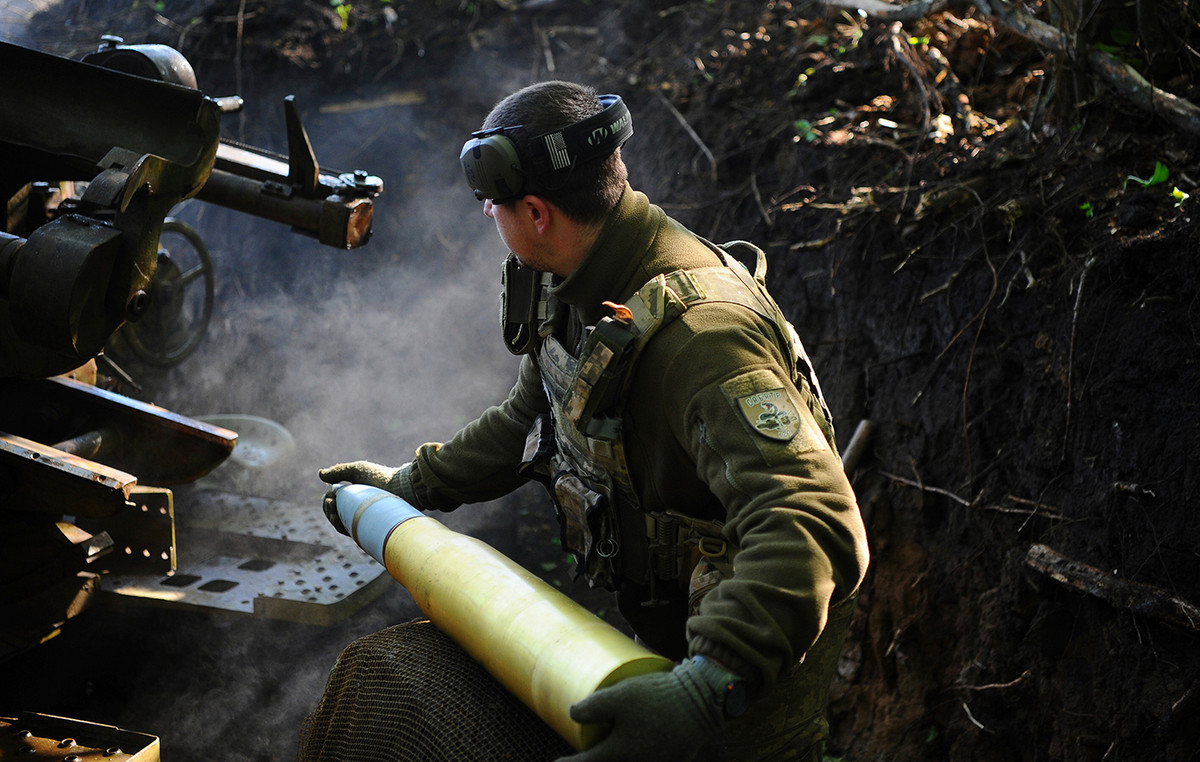Ukrainian officials have accused the Russian government of engaging in a policy of deportation, moving civilians – including thousands of children – to Russia against their will and detaining them “as souls for barter”.
Ukrainian President Volodymyr Zelensky said on Sunday that more than 2,000 children had been “stolen” from the besieged port city of Mariupol, which has been under Russian attack since the early days of the invasion.
Calling the situation in the city a “humanitarian catastrophe”, Zelensky told independent Russian journalists that “according to our information, more than 2,000 children have been evacuated. That means stolen.”
“Their exact location is unknown. They can be there with or without their parents,” she continued. “Overall, it’s a disaster. I can’t tell you what that looks like. That’s scary. They keep them as souls for bargaining chips,” she added.
Authorities in the country have made similar claims in relation to other regions. THE CNN was unable to independently verify allegations about the number of children taken from Mariupol and other Ukrainian cities to Russia.
what the parties say
The Russian Defense Ministry first said on March 20 that 16,434 people, including 2,389 children, had been evacuated from various locations the previous day.
Among the locations were the Russian-backed Donetsk People’s Republic and the Luhansk People’s Republic, according to the ministry, which highlighted that people left of their own accord.
But the next day, Ukraine’s Ministry of Foreign Affairs noted that the same number of children had been forcibly evacuated from these regions. “Such actions are a gross violation of international law, in particular international humanitarian law,” the ministry said.
Since then, Ukraine’s estimates of the number of people deported to Russia have increased.
On Saturday, Ukraine’s Deputy Prime Minister Iryna Vereshchuk said the Ukrainian government had estimated the number of Ukrainians forcibly deported to Russia since the invasion at nearly 40,000.
These claims were reinforced by Denis Pushilin, leader of the pro-Russian People’s Republic of Donetsk, who reported Sunday that around 1,700 people are being “evacuated” daily from Mariupol and other cities.
“An average of around 1,700 people are arriving at the Volodar temporary accommodation center to be evacuated every day, and in turn, the same number of people are leaving,” Pushilin noted in a statement on Telegram. He was referring to a settlement known in Ukrainian as Nikolske, about 21 km northwest of Mariupol.
“Residents of Mariupol and other settlements that are being liberated from the Kiev regime’s occupation arrive here,” added Pushilin. “People receive basic necessities, medical care and then they are evacuated to the Russian Federation,” he concluded.
Amid the talk about alleged Russian policy, there was also disagreement over the role of the Red Cross humanitarian network.
On Friday (25), Ukraine’s deputy prime minister accused the head of the International Committee of the Red Cross (ICRC), Peter Maurer, of making a “very questionable decision” to open an office in Rostov – which is about 60 kilometers from the border with Ukraine. According to Vereshchuk, such an office “legitimized” deportations from Russia.
The Red Cross issued a note rejecting these claims. The ICRC, which generally maintains a low-key public profile, responded after what it called “false information circulating online” that it was helping Russia evacuate tens of thousands of people from the country.
The organization highlighted that it did not have an office in Rostov, but is “increasing our regional configuration to be able to respond to the needs where we see them. Our priority is to ensure that a steady supply of life-saving aid reaches people, wherever they are.”
*Nathan Hodge, Andrew Carey and Olga Voitovych of CNNcontributed to the report.
Source: CNN Brasil
I’m James Harper, a highly experienced and accomplished news writer for World Stock Market. I have been writing in the Politics section of the website for over five years, providing readers with up-to-date and insightful information about current events in politics. My work is widely read and respected by many industry professionals as well as laymen.







